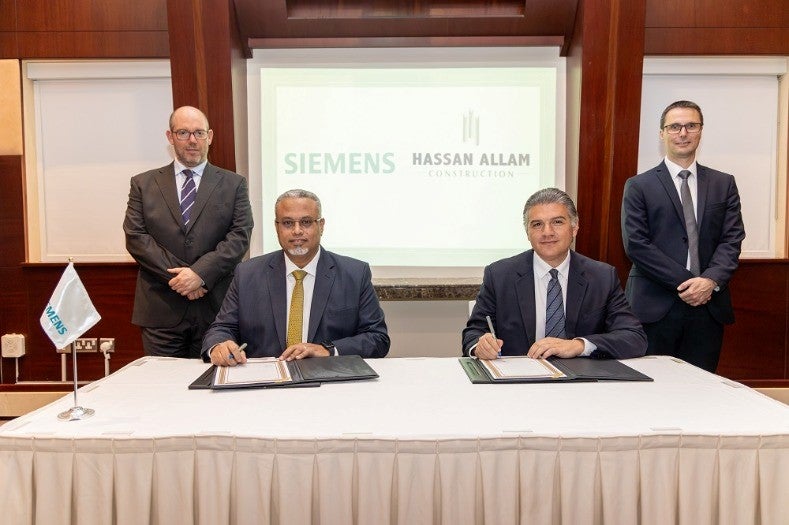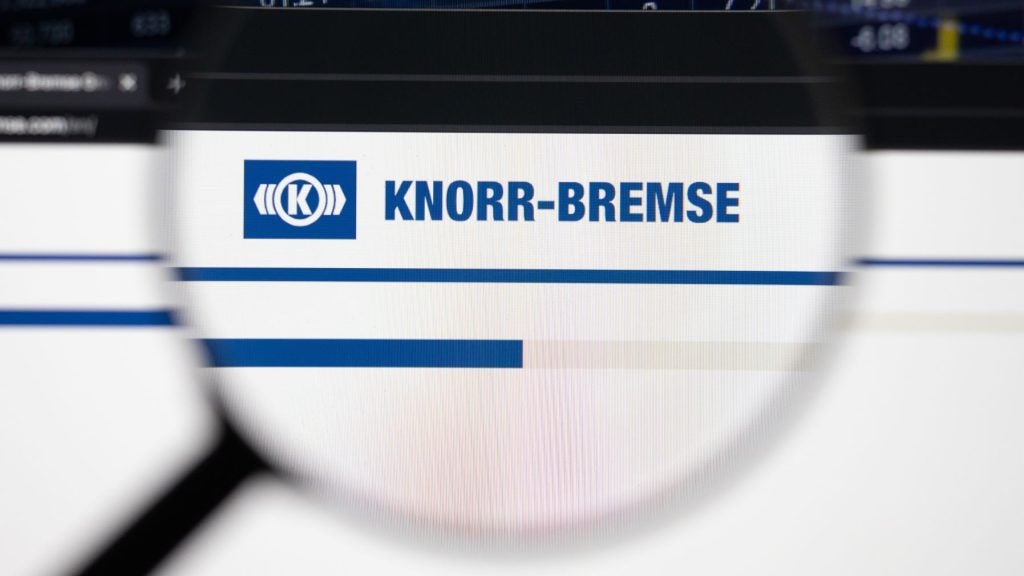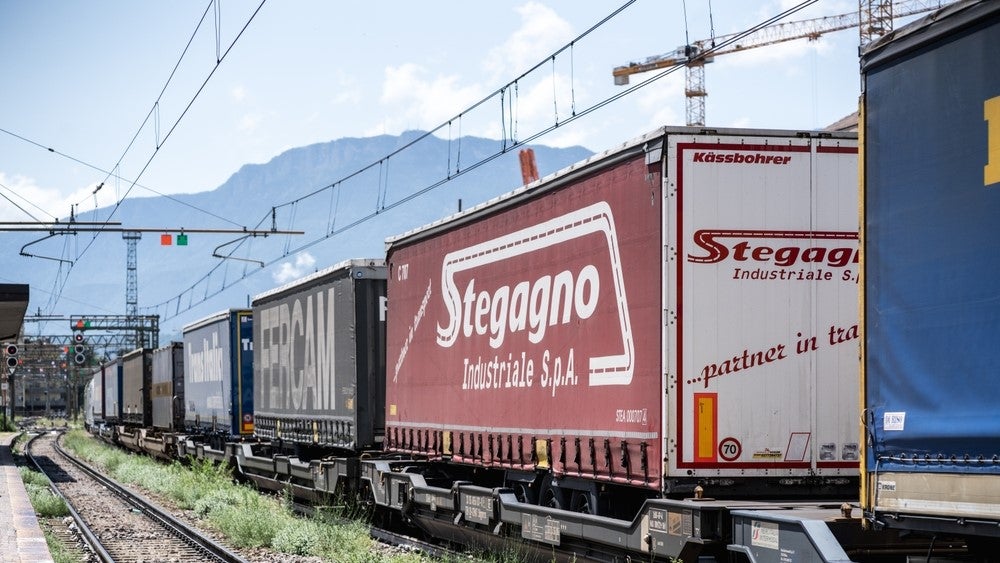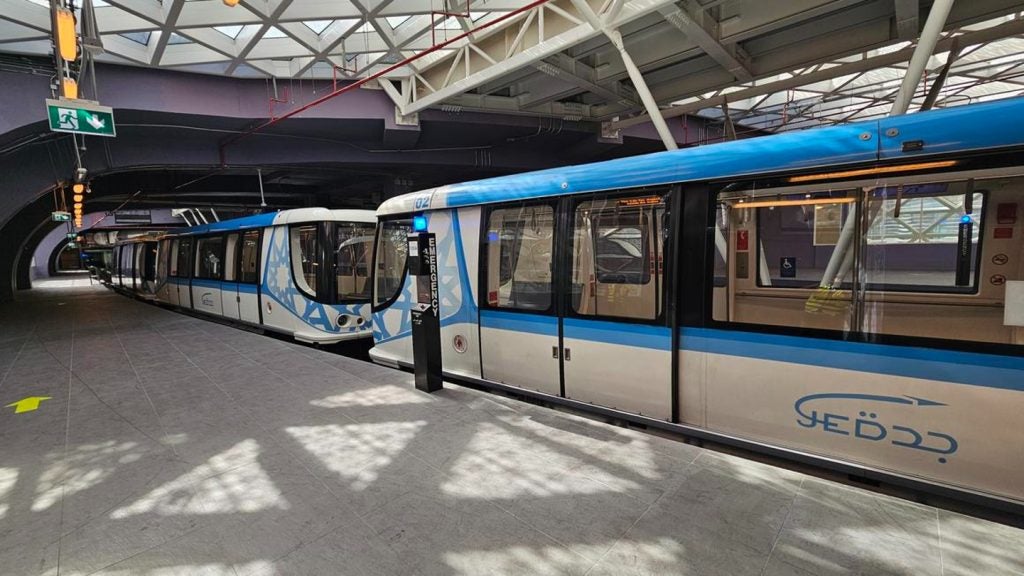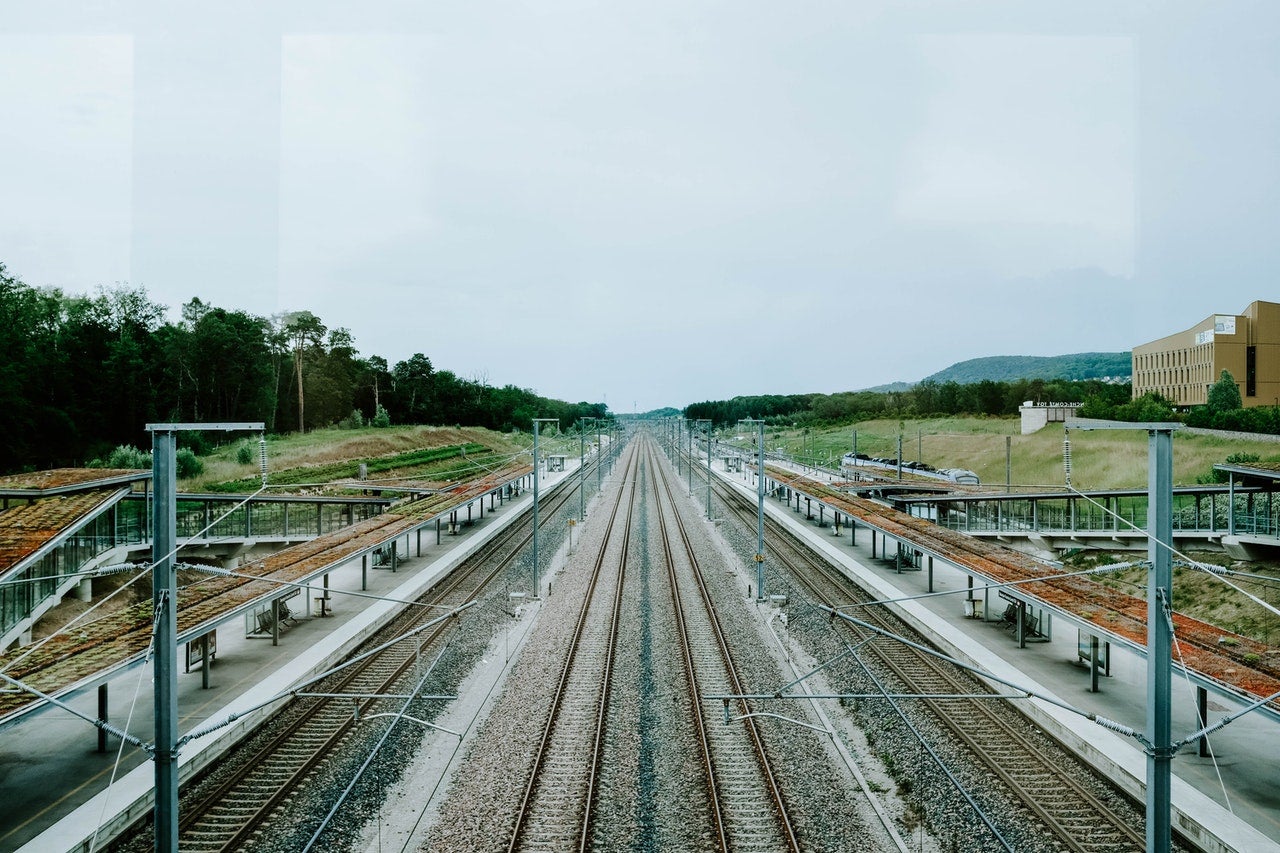
The UK Government has announced on 21 September its plan to end the UK rail franchising system, 24 years after it was introduced.
Described by government officials as “the biggest change to the railways in a quarter of a century”, the decision aims to bring the country’s fragmented network together, months after the government effectively treated it as a national enterprise in the wake of the Covid-19 pandemic.
As many wonder about the industry-wide ramifications, here are four things you should know about the project.
What does rail franchising mean?
Initially introduced through the Railways Act of 1993, rail franchising came into effect in 1996, effectively replacing the government-owned British Rail. Under the rail franchising system, private companies bid for multi-year contracts which allow them to operate on specific routes.
Once the bids are submitted, the government selects the winner taking into consideration factors such as the overall service for the franchise and passenger benefits as well as the best value for money.
How well do you really know your competitors?
Access the most comprehensive Company Profiles on the market, powered by GlobalData. Save hours of research. Gain competitive edge.

Thank you!
Your download email will arrive shortly
Not ready to buy yet? Download a free sample
We are confident about the unique quality of our Company Profiles. However, we want you to make the most beneficial decision for your business, so we offer a free sample that you can download by submitting the below form
By GlobalDataFranchises run on different routes and have different government standards and specifications, which they have to adhere to by law. Specifications can include level of train service, station upgrades as well as passenger satisfaction targets.
In recent years, the UK Government has released guidelines to the sector, detailing what its short and long-term expectations from operators are. In 2016, the aim was to stimulate innovation as well as improving passenger experience, placing it at the centre of operations.
Why didn’t it work in the UK?
To its critics, there are many reasons why franchising is not a feasible solution, although many concede that its fragile state was exasperated by the current Covid-19 pandemic.
The railway system was one of the hardest-hit sectors by the lockdown measures introduced to stop the virus. According to data from the Department for Transport, national rail use dropped from 100% to 4% and 6% between April and May.
Under the previous system, companies made payments to the state based on a forecast of ticket revenue, which became impossible once ticket sales went down during the lockdown.
To cover for the losses perceived by the railway sector, the government spent £3.5bn on it, effectively nationalising the whole system in March.
Yet in an interview with Railway-News, railway engineer Gareth Denis explained that franchising the railway system has always been problematic, not only because of the pandemic. He argued that one of the main issues with it is the extreme fragmentation of the network, which leaves the company franchising with little control.
“The railways are not just a geographic monopoly but also a highly complex system that’s totally interdependent on a load of factors that the franchisee is never going to have control over,” he said.
Another challenge is risk management. “All these combined factors come together to illustrate the fact that franchising just wasn’t a good system to start with because it has no real objectives and purpose,” he added. “Franchising fragmented the industry far too much, without an idea for a reorganisation for growth.”
What is the new plan?
According to government officials, the new system will create a simpler structure, starting by moving operators onto transitional contracts. From now onwards, franchising will be replaced by Emergency Recovery Management Agreements (ERMAs) – which will keep the sector running during the Covid-19 pandemic.
The ERMAs will have tougher performance targets and a lower management fee, which will require the government to pay up to 1.5% of operating costs.
The agreements – lasting between six and 18 months – will allow both the government and the industry to focus on key reforms, including more cooperation between operators, driving down capital costs, as well as enabling medium and long-term savings.
“The model of privatisation adopted 25 years ago has seen significant rises in passenger numbers, but this pandemic has proven that it is no longer working,” said Transport Secretary Grant Shapps.
“It will keep the best elements of the private sector, including competition and investment, that have helped to drive growth – but deliver strategic direction, leadership and accountability.”
What was the reaction?
The announcement received mixed reactions. On the one hand, train operators such as the Rail Delivery Group applauded the government’s decision.
“We welcome the ongoing support to keep trains running for passengers and the government’s confirmation of an end to the franchise system, which we have long been calling for,” commented Rail Delivery Group chief executive Paul Plummer.
“These transitional contracts should be a stepping-stone to a better railway. A renewed and reinvigorated partnership between the public and private sectors will be the best way to improve services and help regrow the market for train travel which is good for economic recovery and the public finances.”
Other parties, including trade unions, have accused the government of still favouring the private sector over public rails.
In a recent report entitled ‘Reanimating the Corpse’, the National Union of Rail, Maritime and Transport Workers (RMT) highlighted how profits and dividends would continue to be directed to shareholders instead of being reinvested, asking the government to end privatisation.
“The government must now ditch its obsession with the free market and call to a halt any attempts to reanimate the corpse of rail privatisation,” said RMT general secretary Mick Cash, responding to the announcement.
“Covid-19 has proved that the private rail companies are a waste of time and a waste of money and have no place in a railway that’s fit for the future. It’s time to cut out the middleman and the priority now has to be protecting services and the staff who run them and not private profits.”
Unite the Union national officer for rail Harish Patel heavily criticised the decision, calling the government’s behaviour “unacceptable”.
“Yet again the government is failing to act decisively, allowing private providers to continue to profit by receiving huge amounts of taxpayers’ money,” he added. “This is simply unacceptable.”
“Instead of the proposed new model which will allow privateers a renewed opportunity to feed off the taxpayer and passengers, the government should be permanently renationalising rail services to increase services, improve punctuality and reduce tickets prices.”



